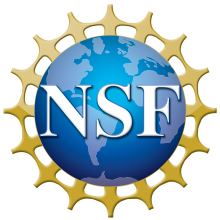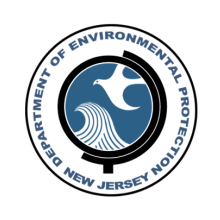About the BioSMART Center
The BioSMART Center seeks to understand how biological systems communicate with their surroundings by measuring information, sensing their inner and environmental states, and using that knowledge to develop innovative sensing technologies, sustainable materials, and greener environmental processes. BioSMART envisions society’s need for producing fully autonomous, self-aware, and resilient, intelligent chembio sensor systems by learning from nature. The design and development of intelligent biosensors relies on the idea that biological systems, without exception, are SMART sensors. Their behavior is the result of a complex web of interactions between sensory inputs and physiological processes that implements cognitive functions allowing the organism to perform better than random.
BioSMART team of researchers have developed innovative biosensors for ultrasensitive detection of Staphylococci Enterotoxin B (SEB), biofilm, nucleic acid mutations, E. coli, Bacillus globigii, environmental pollutants (e.g. chromium VI, lead, polychlorinated biphenyls, microcystins, organophosphates, nitrobenzenes, and endocrine disrupting chemicals). One technology developed has been translated to a portable, fully autonomous, and remotely operated sensing device known as an Ultra-Sensitive Portable Capillary Sensor, or U-PAC. Some of our earlier sensors have been used for the detection of trace uranium and vanadium.
Current projects include environmental sensors for COVID-19, pain biosensors, sustainable nanomaterials, biodegradable polymers, and new diagnostic tools and detection devices for medical, environmental, and military applications. The wide range of intelligent sensor systems that can become commercial realities through advances pioneered by BioSMART will benefit society in antibiotic resistance monitoring, environmental analysis, wireless sensor networks, robotic sensors, bioremediation, and point-of-use 'smart' systems.
IN THE NEWS
NJIT Chemist Hunts for COVID-19 with a Smartphone-Linked Biosensor
A Q&A with chemist Omowunmi “Wunmi” Sadik




